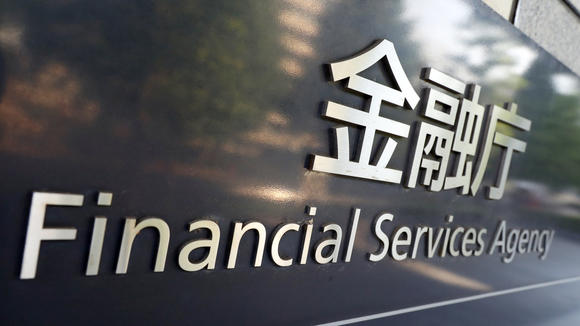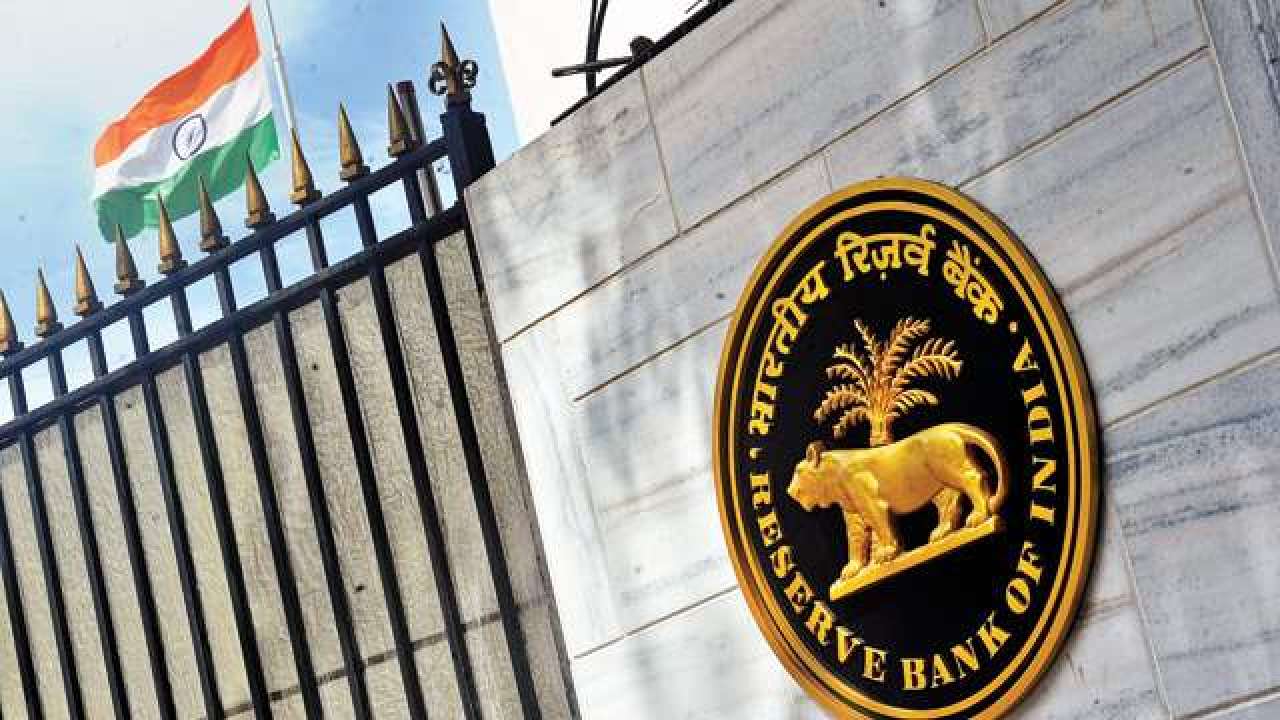The latest news from the world of cryptocurrency stem from Japan. The country of the rising sun has already been caught up in a multi-purpose battle against the onslaught of cryptocurrencies that have been left to expand unchecked, enticing citizens to make steady purchases and invest a hefty amount of their FIAT money in a future that is quite unlikely to take root.
Japan’s Financial Services Agency is now stepping its game to put a stop on the unbridled force of cryptocurrencies at home. The agency is now applying all its levers of influence on crypto exchanges to give up on some of the major assets, including Monero (XMR) Zcash (ZEC), and Dash (DASH), along with other assets that the agency estimates are susceptible to hacker attacks.
Sources close to FSA have confirmed that they are currently engaged in talks with all exchanges that operate these assets and are seeking for a plausible way to put a stop on the trade without damaging the finances of these exchanges.
FSA’s main preoccupation with these cryptocurrencies is simple enough. All of the above-mentioned cryptocurrencies are increasingly difficult to track making them handy for shady affairs and underworld operations.
The FSA’s preoccupations are not unbacked. The European Union’s law enforcement agency, Europol, has also released a report that has talked to some extent to the dangers of utilising Monero and the fraternity of cryptocurrencies.
Because of its brilliant anonymity that rivals that of Bitcoin, and some say that even far outstrips it, Monero has been chosen as one of the most reliable ‘altcoins’ that criminals use to carry out their deeds unbridled.
The Japanese authorities have been quite open about the fact that Monero transactions are quite impossible to identify, giving a broad leeway to criminals to carry on their nefarious activities. With this in mind, it would be difficult to pinpoint the exact locations of any individual dabbling in illegal goods or sponsoring grossly outlawed activities that can have dramatic impacts on the whole industry.
Why is Japan On Red Alert?
There are a handful of good reasons why Japan should be concerned. For instance, Coincheck, the troubled Japanese cryptocurrency exchange, was trading in all three cryptocurrencies when it was attacked and successfully hacked on 26 January 2018.
The repercussions were quite resounding, creating a heavy doubt in the hearts of all participants and supporters of the crypto boom. Just recently, in March, the news came that Coincheck will be pulling out of Monero and other untraceable cryptocurrencies.
The move, some considered, has been necessary following pressure from FSA. However, FSA has been quite right to pursue this course of action in a bid to secure the whole industry.
Following the hack on 26 January, FSA has increased its inspection and bolstered the reams of regulatory norms it had sought to impose on the majority of operators all across the country.
Of course, the decision of FSA is not a chance occurrence nor is the idea to pursue a stricter course of action something terribly surprising. FSA has been leaving very palpable marks that it remains largely opposed towards cryptocurrencies the likes of Monero and Dash for a long while, as the agency perceived them as insurmountable security risks that need addressing.
The FSA has been quite inexorable in its stance on cryptocurrencies as such: “It should be seriously discussed as to whether any registered cryptocurrency exchange should be allowed to use such currencies.”
One particularly contentious point for the agency is Monero, which has been seen as a gateway for North Korea to steal money and fund aids rogue regime. Presently, all targeted cryptocurrencies can be exchanged legally in Japan, but if the measures mulled by FSA come to fruition, then it is likely to see the assets spirited away for good from the country.
Regulatory Patchwork Ahead
Pushing ahead with all the changes would be difficult. Japan and South Korea have been particularly sensitive towards incursions from third-parties on their crypto exchanges. While the government has no particular stake in the cryptocurrencies, it is quite likely to notice that their citizens actually do.
With this in mind, governments have been seeking to limit the impact cryptocurrencies have had on local economy and individuals. FSA will strive to dissuade its citizens and companies to give a boost to assets that simply may end up in the wrong hands fueling nefariuos activities.
The fight for the desired regulatory framework has been strong all across the region. China is quite readily pushing for a digitalised central currency to completely repalce FIAT money in the country. Should such move be adopted, it would be quite evident that the future of money is digital, although in an undetermined form yet.
Meanwhile, the likes of FSA will have to be bulwarks against the bristling appetites of criminals.
Apr 30, 2018
Japan's Financial Services Agency goes after Monero, Zcash, and Dash



Comments (No)